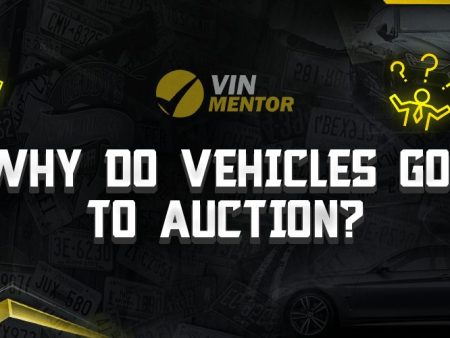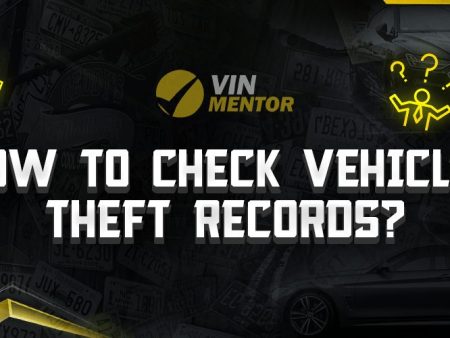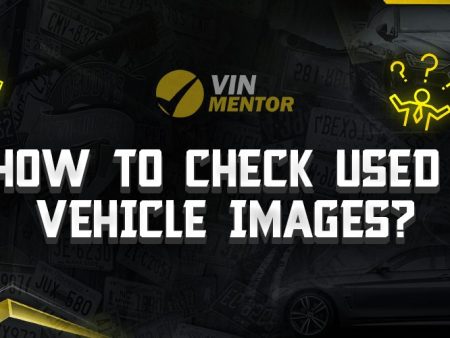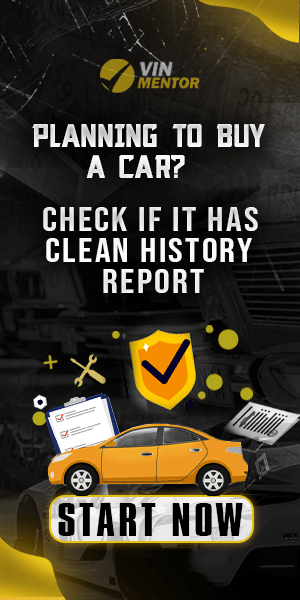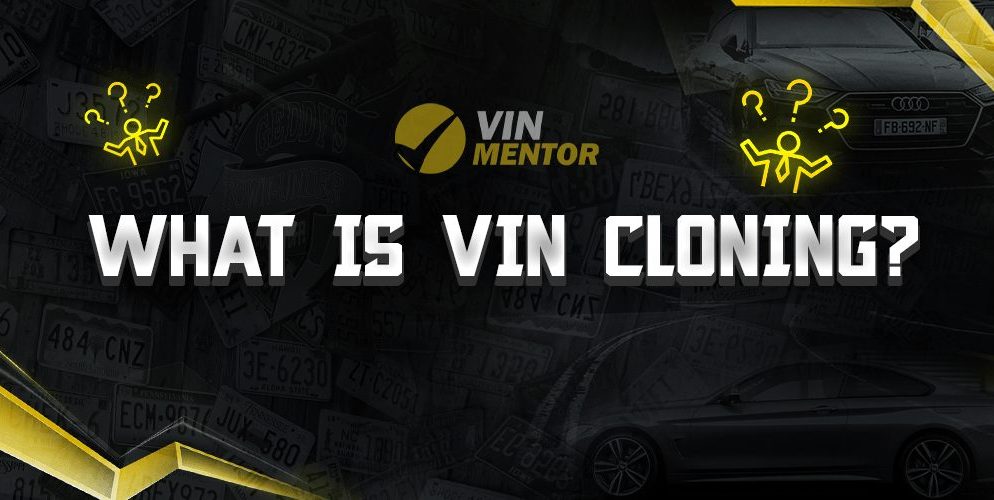
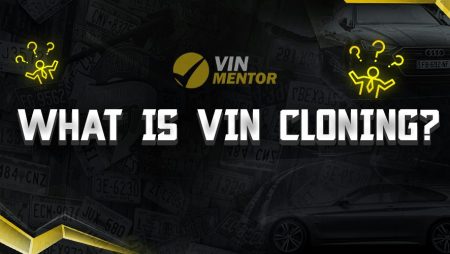
A car’s VIN is like its ID – the sequence of 17 letters and numbers is completely unique to that vehicle. While there are aspects of a VIN that identify it with other similar makes and models, there are no two cars that have the same VIN.
But what happens when there are two cars with the same VIN? You may think that it must be a mistake, but that’s not the case. Instead, it’s likely the result of VIN cloning, and here’s all you need to know about this illegal practice.
Key Takeaways
- VIN cloning is the illegal practice of using a legitimate VIN from one car on another car, often to hide stolen or salvaged vehicles and deceive buyers.
- In the VIN cloning process, the scammer removes the original serial plate from a car and replaces it with one that matches a similar vehicle, making it difficult to detect.
- Buyers should be cautious if they receive notices for issues that aren’t theirs or if the car is being sold for significantly less than its market value, as these could be signs of VIN cloning.
- To avoid VIN cloning, buyers should obtain a vehicle history report, inspect the VIN plate for tampering, and examine paperwork for inaccuracies or inconsistencies.
- If a cloned car is discovered, it will be confiscated and returned to the original owner; however, the buyer may still be responsible for loan payments or other fees associated with the car, potentially leading to costly court battles.
So What Is VIN Cloning?
VIN cloning is when a legitimate VIN from one car is used on another car. This practice, which can also be called car cloning, is often used to hide stolen or salvaged cars to help move them, and many times the buyer of the VIN cloned car will have no idea they are not buying a legitimate car unless they pay close attention or run a VIN check.
How Does VIN Cloning Work?
When someone is trying to clone a VIN, they will remove the serial plate out of the car they’d like to adjust. Then, they’d replace it with one that matches a similar vehicle right down to the make, model, and year. They may adjust to make it from another state, province, or country, changing just enough to make it hard to track.
The VIN number on the car will look legitimate, so it can be difficult for the average person to recognize that it has been altered.
How to Avoid VIN Cloning?
VIN cloning is a real problem and one that could lead to you being responsible for issues that are out of your control. If you start to get notices of issues, like unpaid parking tickets, that aren’t yours, then your VIN may have been cloned. Additionally, if the car is being sold for a lot less than its market value, it also may have been cloned.
Before purchasing a car, you can verify it has been VIN cloned by getting a copy of the car’s vehicle history report. Look at the VIN plate on the dashboard, and keep an eye out for any evidence of tampering like scratches, discrepancies in lettering, and more.
On the paperwork, look for information that is misspelled or incorrect. This includes on the vehicle’s title or any sales sheets. Be vigilant to avoid issues down the road and trust your gut. If it seems too good to be true, it likely is.
What Happens to Cloned Cars?
If the car you purchased ends up being a VIN clone, it will be confiscated and returned back to its original owner. Unfortunately, the car payment or loan you took out to buy it doesn’t go with it, so you’ll still be responsible for those payments, even if you don’t physically have the car anymore.
If the car was used in a crime, you will have to prove it wasn’t you, which many times can lead to costly court battles. Even so, you may still be responsible for tickets and fees even if it wasn’t you who made the violations, so it’s best to avoid being the victim of a cloned car scam if you can.
Conclusion
VIN cloning is an illegal practice where scammers take the VIN from one legitimate car and use it on another to hide that it was stolen, involved in a crime, and more. It is getting more prevalent, so to avoid it, make sure to purchase a vehicle history report and run a VIN check.
FAQ
What are some common warning signs that a car may have been a victim of VIN cloning?
Common warning signs that a car may have been a victim of VIN cloning include discrepancies in the VIN lettering, evidence of tampering like scratches, a car being sold for a significantly lower price than its market value, and receiving notices for issues such as unpaid parking tickets that aren’t yours.
How can potential buyers protect themselves from purchasing a vehicle with a cloned VIN?
Potential buyers can protect themselves from purchasing a vehicle with a cloned VIN by obtaining a vehicle history report, running a VIN check, inspecting the VIN plate on the dashboard for signs of tampering, and carefully examining the vehicle’s title and other paperwork for misspelled or incorrect information.
What are the consequences for the buyer if they unknowingly purchase a car with a cloned VIN?
The consequences for the buyer who unknowingly purchases a car with a cloned VIN can be severe. The car may be confiscated and returned to its original owner, but the buyer will still be responsible for any car payments or loans taken out for the purchase. Additionally, if the car was used in a crime, the buyer may have to prove their innocence in costly court battles and might still be responsible for tickets and fees.
Can you explain the process by which a scammer clones a VIN and applies it to another vehicle?
When a scammer clones a VIN, they typically remove the serial plate from a car they want to alter and replace it with one that matches a similar vehicle in terms of make, model, and year. They may also adjust the VIN to indicate the car is from another state, province, or country, making it harder to track.
What should you do if you suspect your vehicle’s VIN has been cloned, and you are receiving notices for issues that are not your responsibility?
If you suspect your vehicle’s VIN has been cloned, you should report the issue to the police and your local department of motor vehicles. Provide them with all relevant information, such as the vehicle history report and any documentation related to the purchase. This can help you establish your innocence and resolve any outstanding issues related to the cloned VIN.
